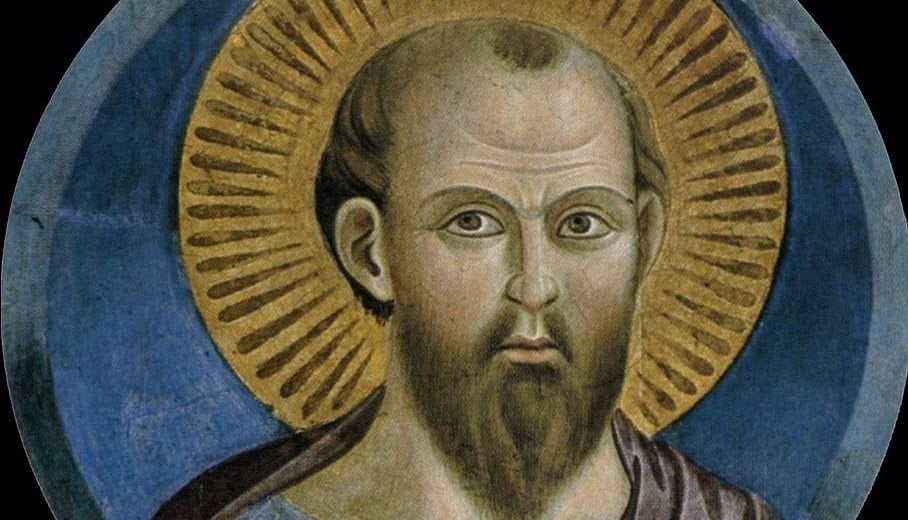I’m pleased to publish this guest feature from Joseph Torres.
It’s impossible to be a culturally aware Christian and not be sensitive to the high tension environment in which we live. Just last week, a protest was held in Charlottesville, VA in which, among others were self-identified White supremacists. This sparked grief, outrage, and fury, both on-site in Virginia and on social media around the world.
Login to read more
Sign in or create a free account to access Subscriber-only content.
